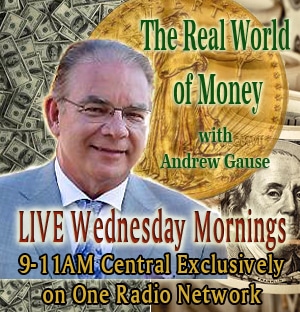The U.S. government must craft a plan next year to get its
ballooning debt under control or face possible panic in financial
markets, a bipartisan panel of budget experts said in a report on
Monday.
Though the government should hold off on immediate tax hikes and
spending cuts to avoid harming the fragile economic recovery, it will
need to make such painful changes by 2012 in order to keep debt at a
manageable 60 percent of GDP by 2018, according to the Peterson-Pew
Commission on Budget Reform.
Without action, investors could lose confidence in the United
States, driving down the dollar and forcing up interest rates, said the
former lawmakers and budget officials who crafted the report. That
could cause a sharp decrease in the country’s standard of living.
“We will be less free if we don’t tackle this,” said Jim Nussle, a
Republican member of the commission who earlier served as a White House
budget director and chairman of the budget committee in the U.S. House
of Representatives.
The 34-member commission published its report as Congress was poised
to raise the debt limit from its current $12.1 trillion level to allow
the government to continue operating.
The national debt has more than doubled since 2001, thanks to the
worst recession since the 1930s, several rounds of tax cuts and wars in
Iraq and Afghanistan.
A looming wave of retirements over the coming decade is expected to make the situation worse.
The national debt currently accounts for 53 percent of GDP, up from
41 percent a year ago. That’s likely to rise to 85 percent of GDP by
2018 and 200 percent of GDP by 2038 unless dramatic changes are made,
the commission said.
The commission did not issue specific prescriptions but said tax increases and spending cuts would probably be needed.

'U.S. Must Control Debt Or Face Possible Panic in Financial Markets' has no comments
Be the first to comment this post!